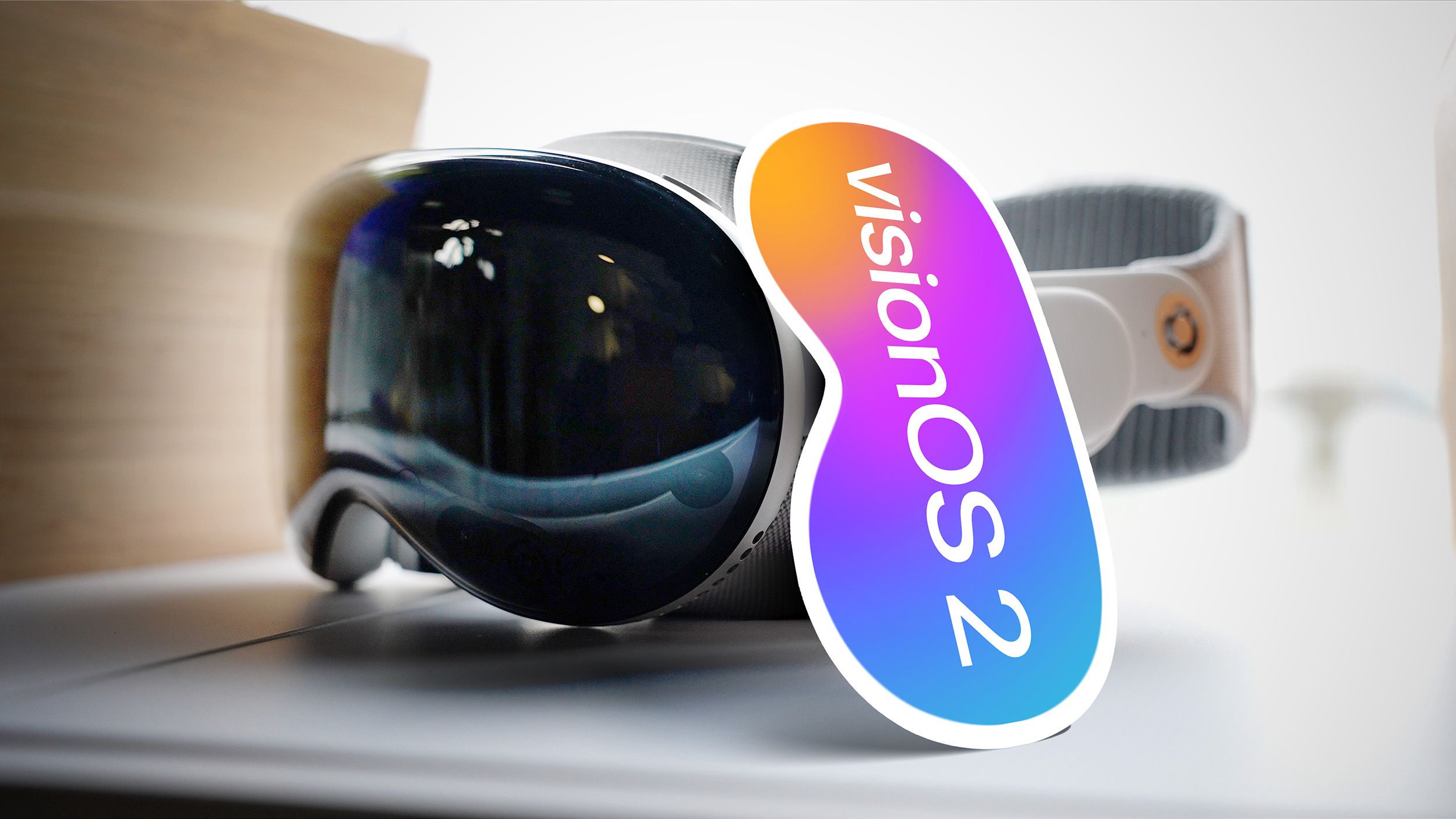The British government has quietly asked Apple to give it full access to every user’s encrypted data stored in the cloud, according to The Washington Post. This secret directive reportedly came last month, compelling Apple to design a backdoor allowing UK security agencies to access encrypted user data around the world. This is a demand that has never been made in any other democratic nation.
The order was delivered via a “technical capability notice” under the UK’s 2016 Investigatory Powers Act (IPA), which critics call the “Snooper’s Charter.” This law allows law enforcement to force companies to assist in gathering evidence.
Apple has not commented on this issue. The law makes it illegal for Apple to even acknowledge such a demand from the government. Similarly, the Home Office declined to confirm or deny the existence of such notices, stating it does not discuss operational details.
A consultant who advises the US on encryption issues said Apple would not be able to inform users that their encryption is no longer secure. A former White House security advisor verified the UK’s order.
Apple Might Stop UK iCloud Services Over Privacy Concerns
There’s talk that Apple might pull its encrypted storage service from the UK rather than weaken the privacy promises it made to its users. However, this wouldn’t stop the UK from accessing the service in other countries. Apple has hinted before that it might withdraw services like FaceTime and iMessage from the UK if privacy is compromised. Apple’s Advanced Data Protection, introduced in 2022, allows users to encrypt additional data categories like Photos and Notes, keeping them private even from Apple.
Google, on the other hand, has made encryption standard for Android backups since 2018. When asked if any government had asked for a backdoor, Google responded that they can’t access encrypted backup data, even with a legal order.
How to Secure Your iCloud Data
The IPA was revised in 2023 to let the Home Office potentially ban certain encrypted services. Apple criticized these changes as excessive government control, suggesting they could prevent new security features from being offered globally.
Apple CEO Tim Cook has always argued against providing backdoors, stating it would invite criminals to access user data. Cybersecurity experts agree, warning that any backdoor could be exploited. Apple’s resistance was notable in 2016 when they fought and won against a US order to unlock an iPhone.
With increasing cyber threats from state actors, like those from China, US officials are now more focused on cybersecurity than ever, promoting encryption to protect communications. Privacy advocates, like Big Brother Watch, argue that such measures won’t make the UK safer and will instead undermine basic rights and freedoms.



